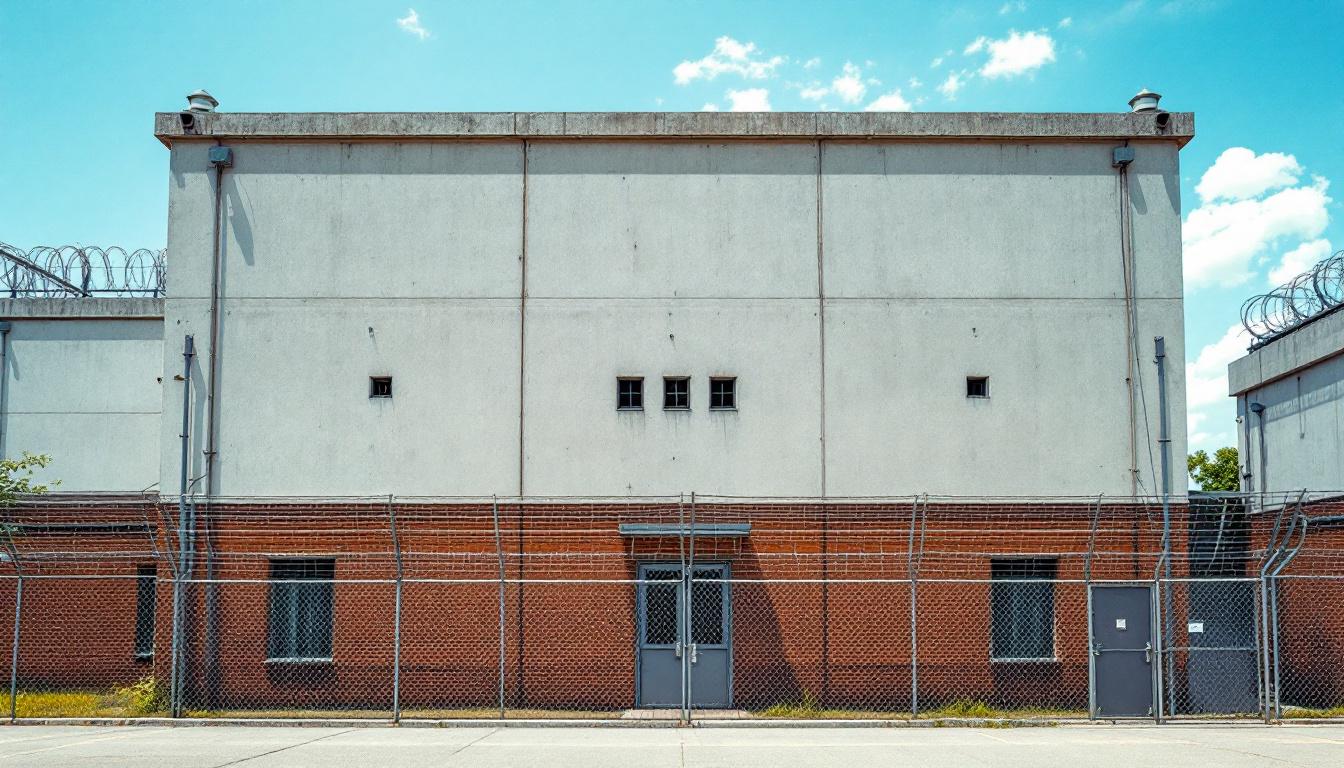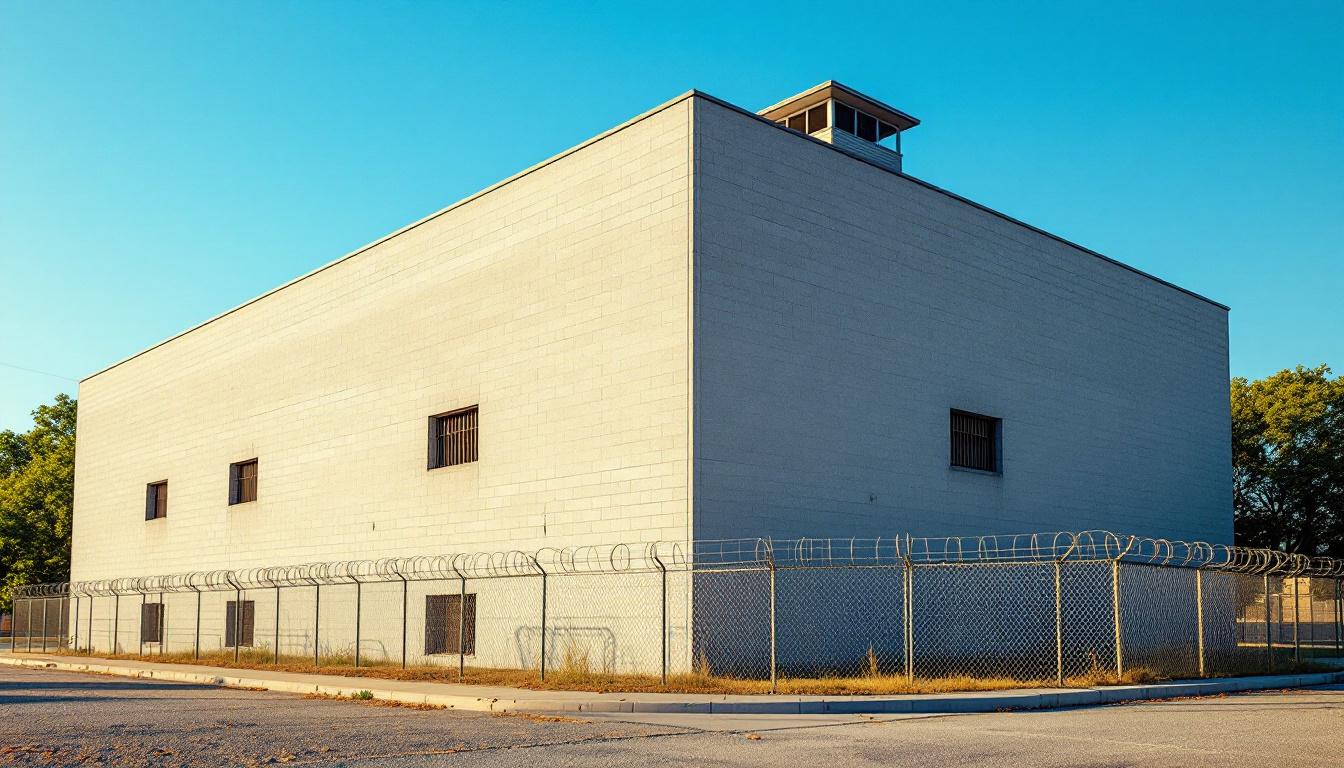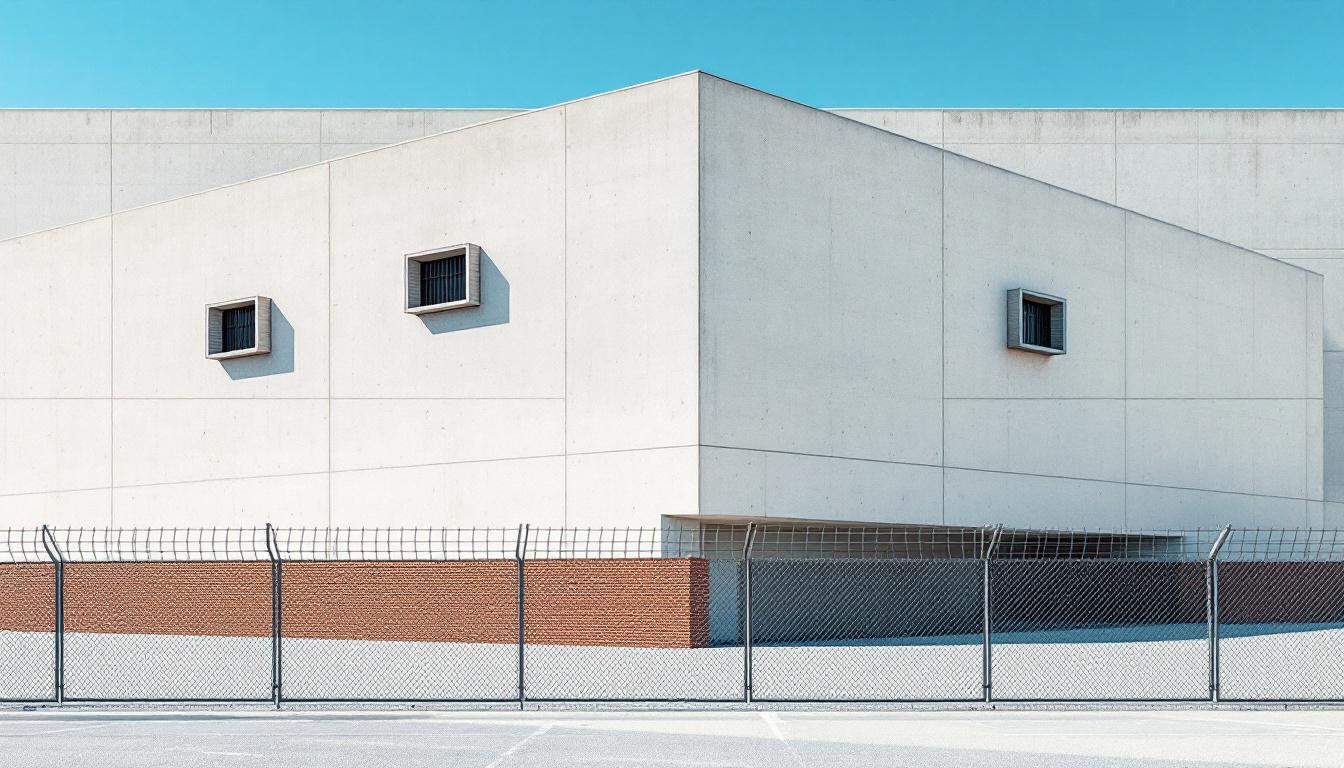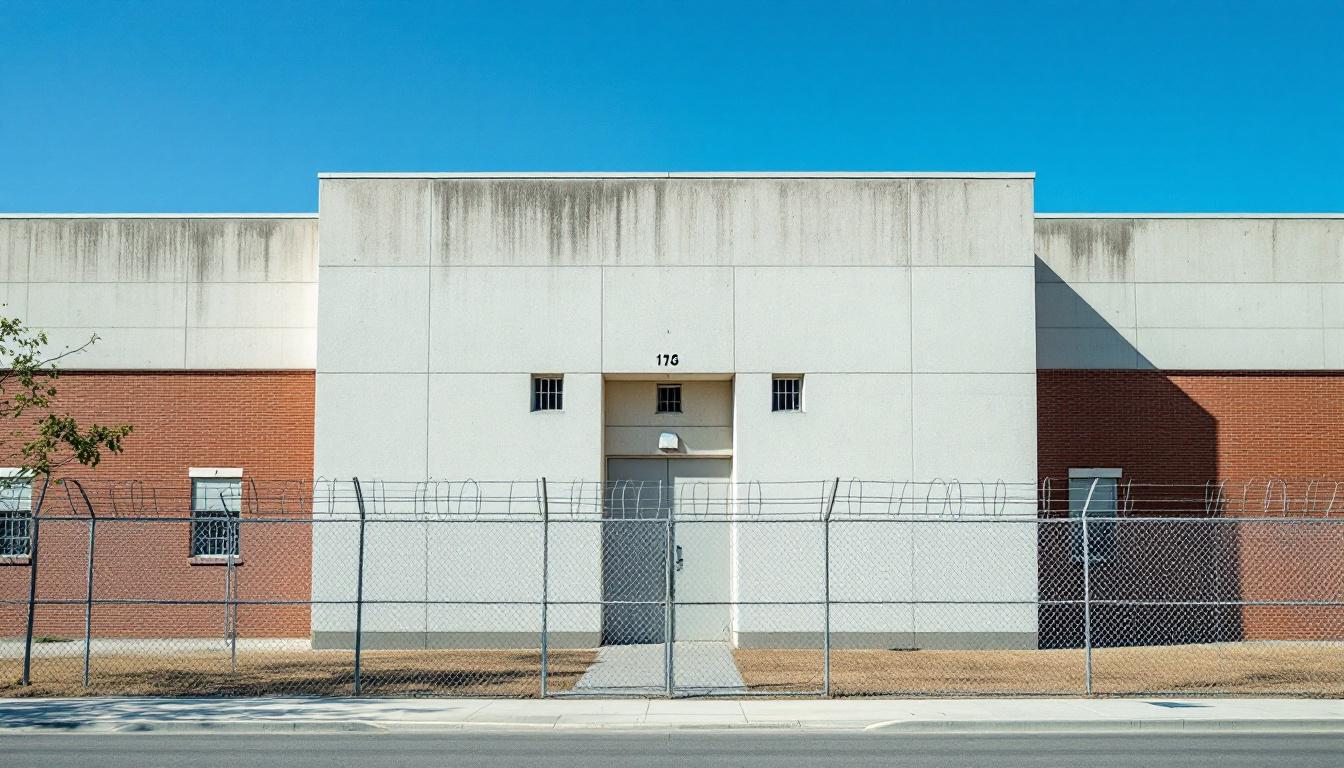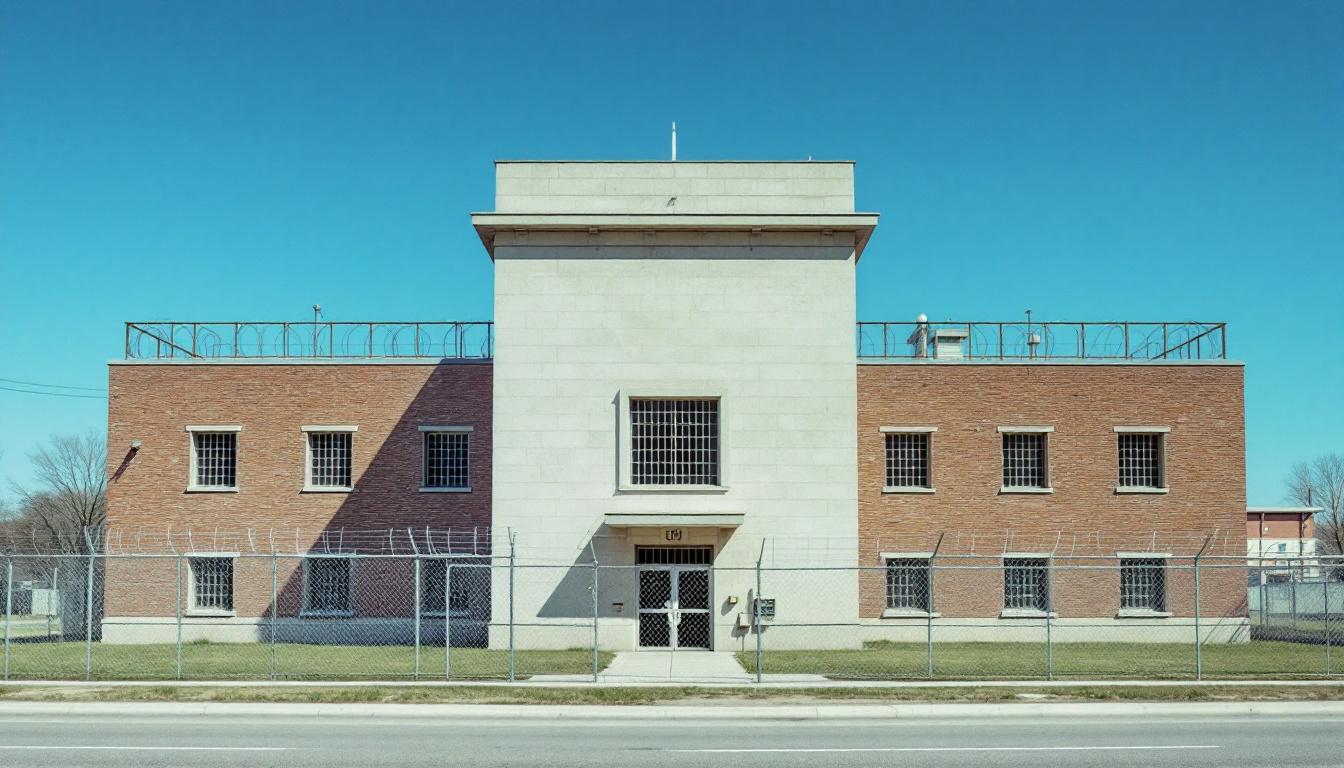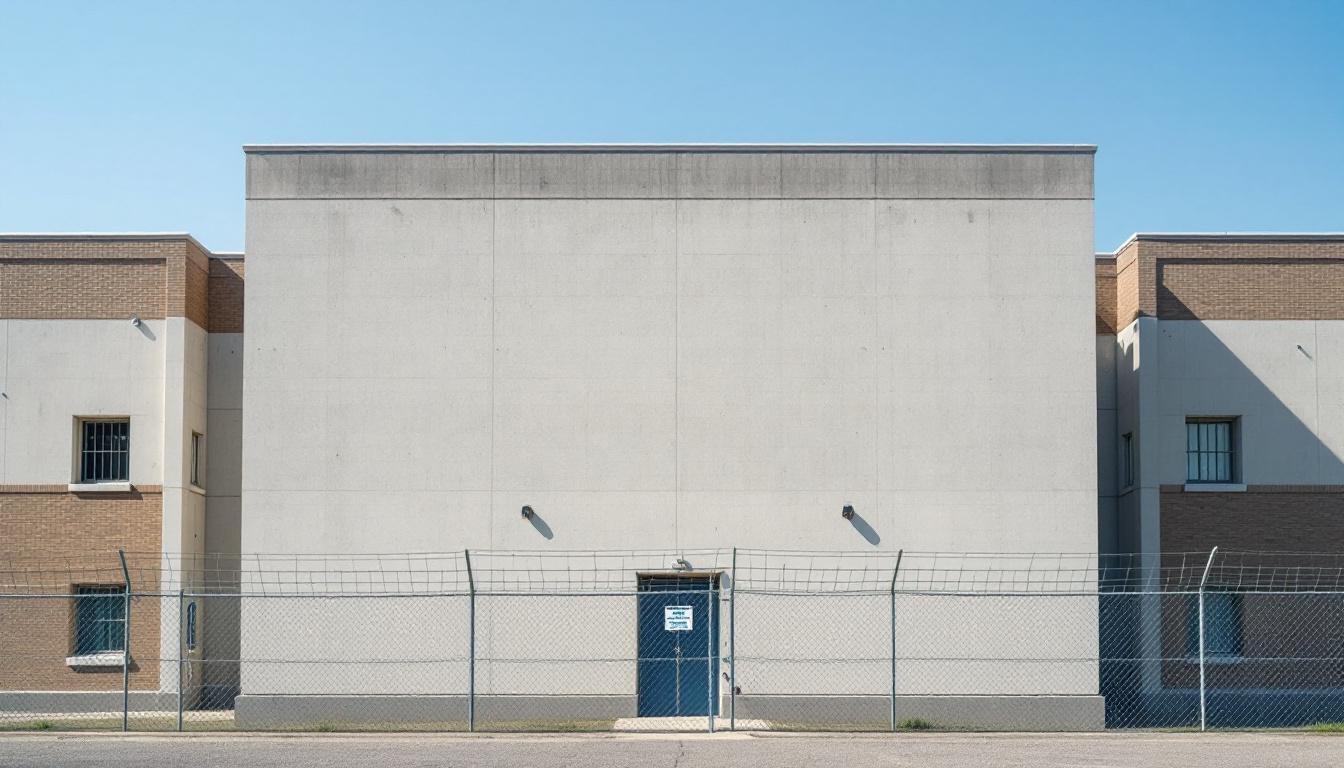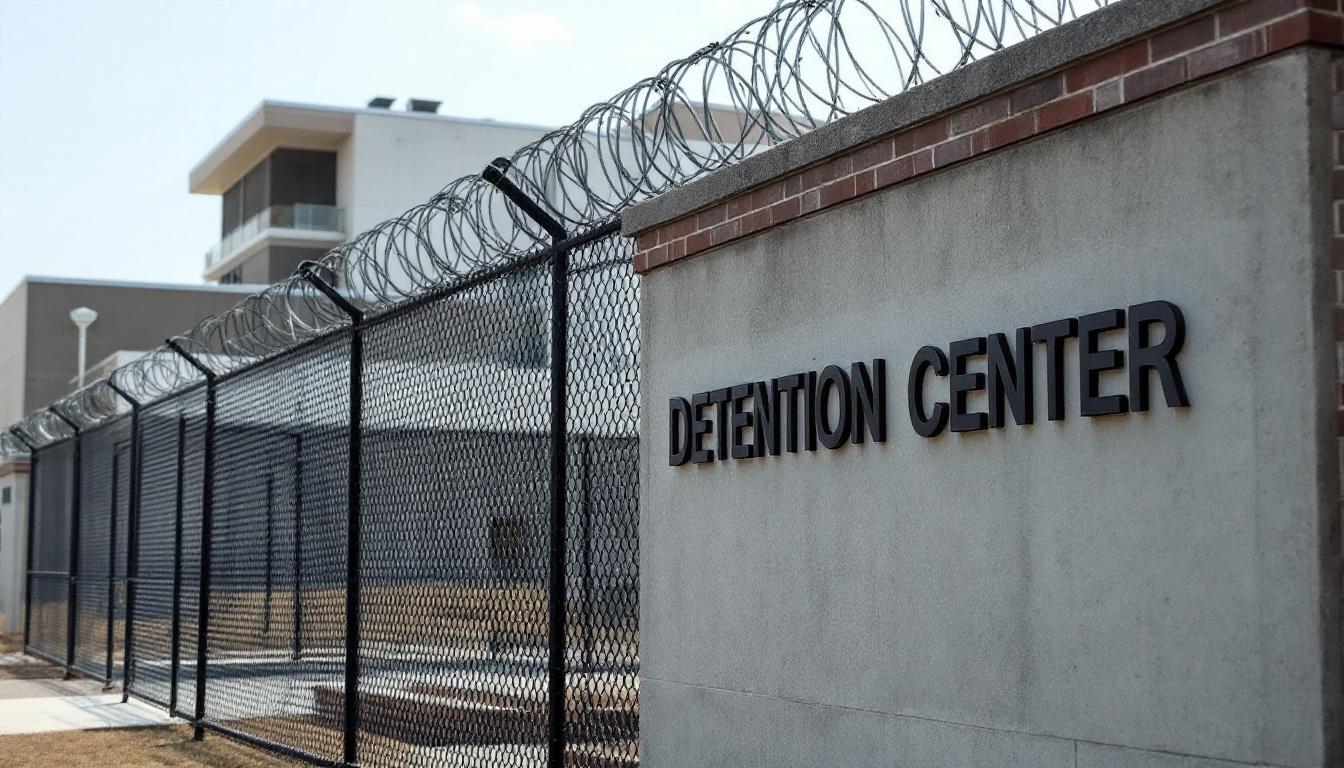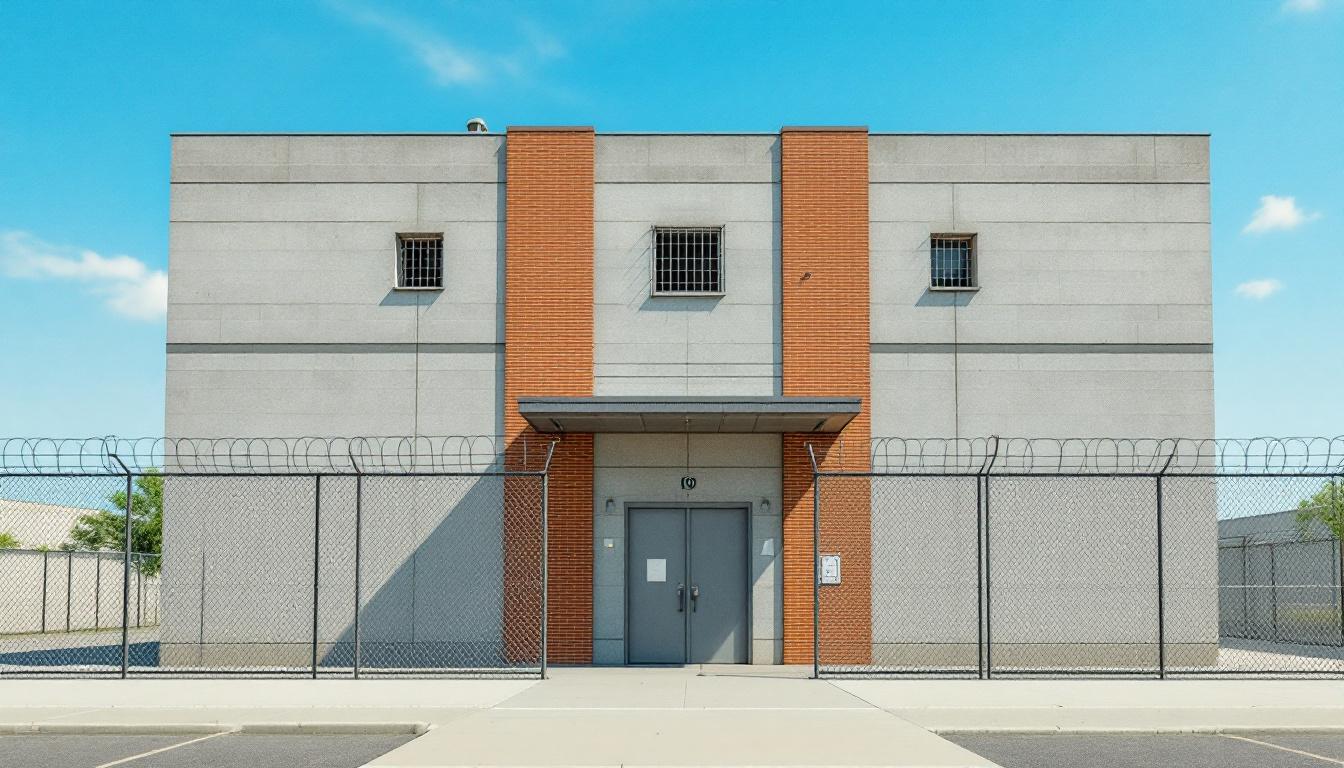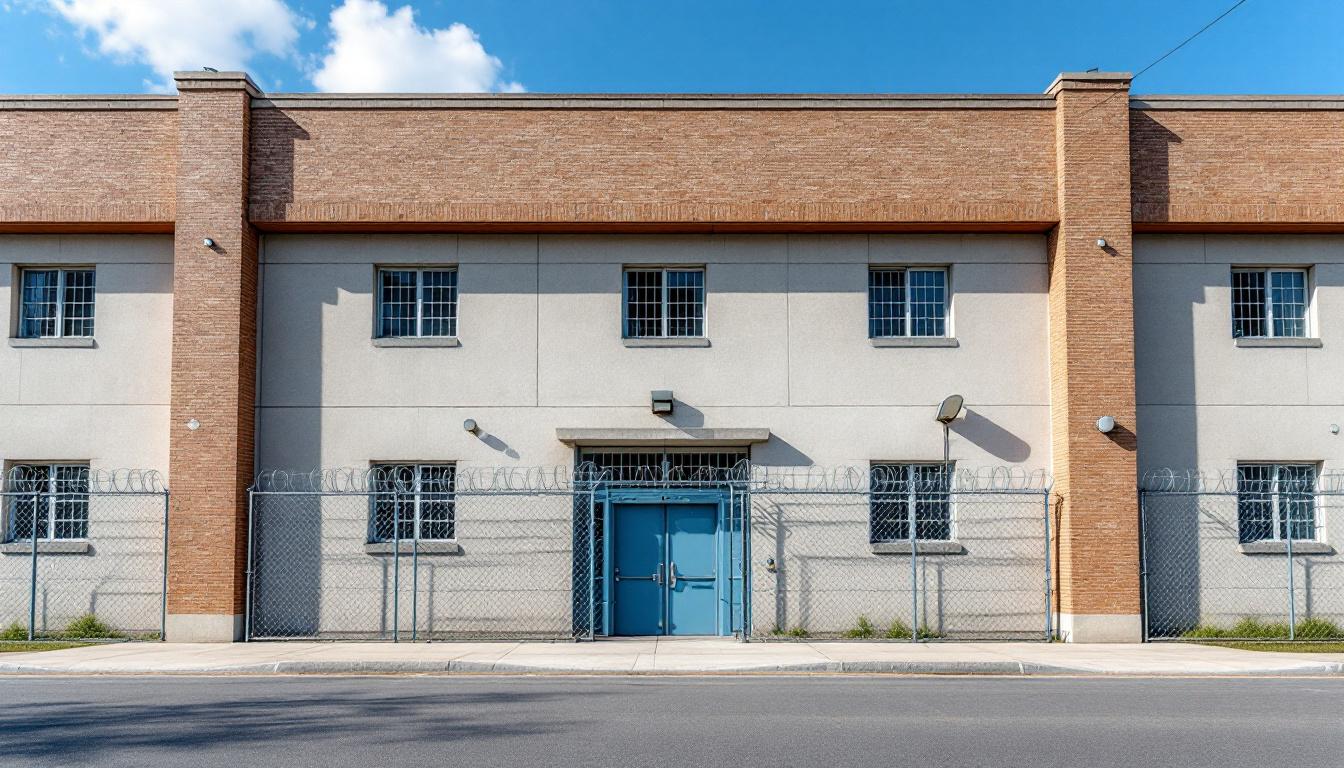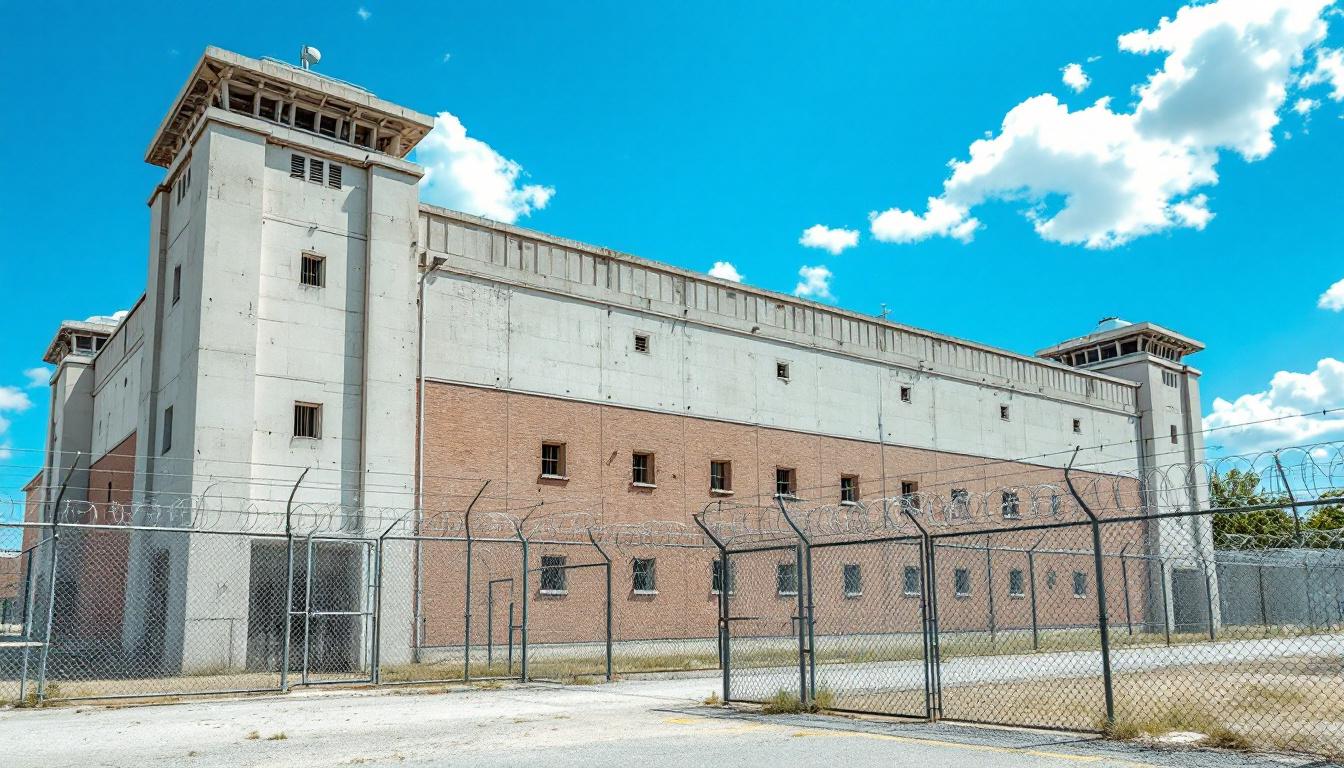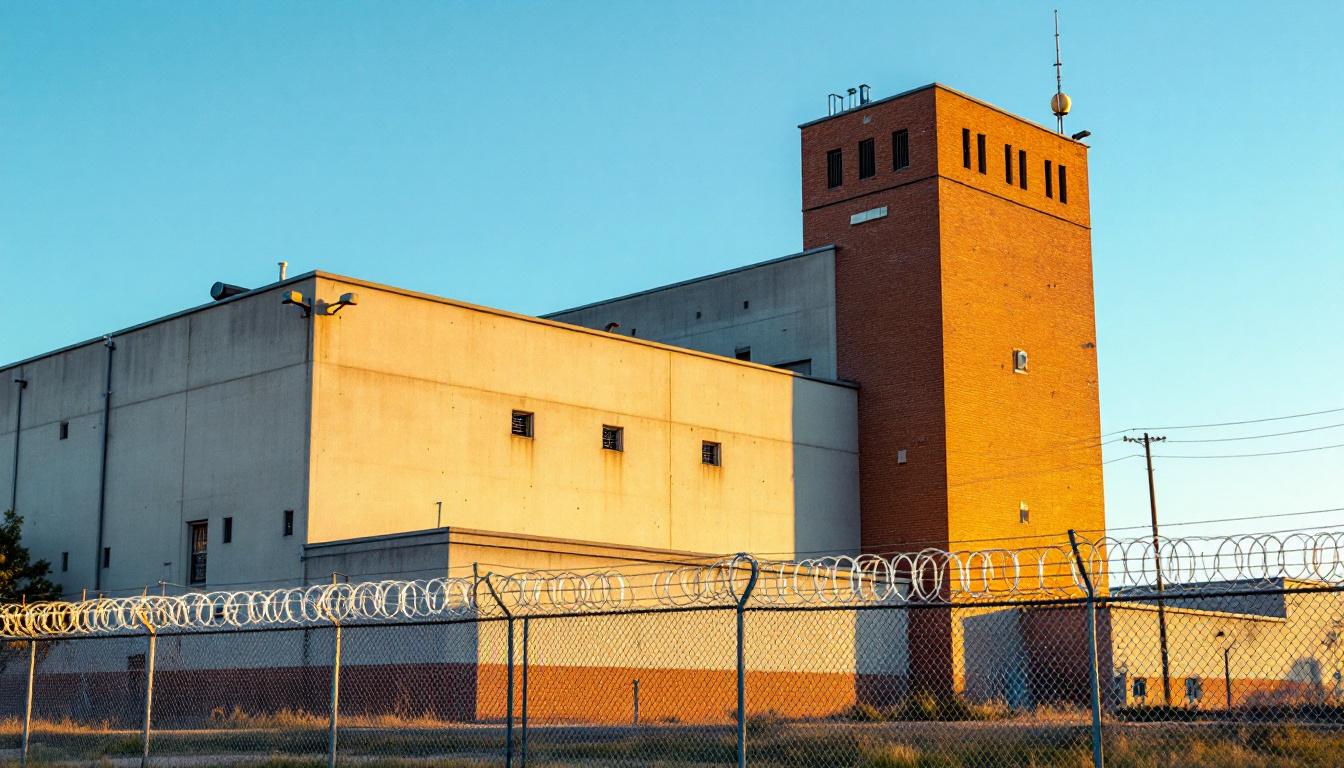
Quick Navigation
How to contact an inmate at Robeson CRV Center
This comprehensive guide will walk you through how to connect with an inmate at Robeson CRV Center. Follow the steps below to find an inmate and send letters and photos:
- Search for the inmate using our search tool below
- Create your account or log in to Penmate
- Write your message (up to 6,000 characters)
- Send instantly - inmates receive printed copies daily
Find an Inmate
Search for an inmate to start communicating today
Tip: You can search by first name, last name, or inmate ID number
To contact a person at Robeson CRV Center start by searching for the person on the official facility website. Perform a search by following these steps:
- Step 1: Enter their first name and last name into the search form and click "Search"
- Step 2: Locate their inmate record
- Step 3: Write down their Inmate ID and any housing information provided
Important! Be sure to enter the person's full name. Nicknames should not be used.
How to Send Messages to Inmates

You can use your phone or computer to send emails, letters, and photos to an inmate. Messages are sent electronically to inmate tablets or kiosks at the facility. If you would like to send a message, start by searching for an inmate at Robeson CRV Center.
Sending Photos and Postcards

A great way to send love and support to a loved one at Robeson CRV Center is to send photos and postcards. It only takes a few minutes to send photos from your phone and it makes a huge difference. You can also mail postcards with words of support and inspiration, or design your own postcard for special moments like birthdays and holidays.
Important! Be sure not to send any explicit photos or they may not be approved by the facility. You can also use a photo printing app like Penmate to make sure your photos are printed at the correct size (4x6 or 3x5) and are mailed according to the rules and regulations of Robeson CRV Center.
Frequently asked questions about Robeson CRV Center
-
How long does it take to deliver a message?
If you're sending an email message your letter is usually delivered within 24-48 hours. For messages sent via mail you should expect delivery within 3-7 days. All messages will need be approved by Robeson CRV Center.
-
How much does it cost to send a message to Robeson CRV Center?
You can send a message free using your phone or mail a message via USPS for the price of a $0.60 stamp and envelope. You can also purchase credits or e-stamps from services starting at $1.99.
-
What services can I use to contact an inmate at Robeson CRV Center?
Penmate
You can use Penmate to send letters and photos to an inmate from your phone. It's an easy way to stay in touch during your loved one's incarceration. Use the inmate locator to find an inmate's location and contact information, then you can send messages within a few minutes.
Securus messaging
Securus may be another option for communicating with an inmate at Robeson CRV Center. You can create a friends and family account and purchase credits to send messages. All messages will be reviewed and must be approved by the facility.
JPay
Some county jails and state prisons may support sending messages with JPay. You must register an account with the system, find your loved one, and purchase stamps to send messages. For some locations you can also attach photos.
Smart Jail Mail
You may also check if Smart Jail Mail is available at Robeson CRV Center. Smart Jail Mail is operated by Smart Communications and has contracted with some state and county jails. After purchasing credits, your messages and photos are sent to the facility, printed out, and then handed out to your loved one.
-
What is the mailing address of Robeson CRV Center?
Mailing address:
Robeson CRV Center
803 NC-711
Lumberton, NC 28360
Phone: (910) 618-5535Business hours:
- Monday: 8:00 AM – 5:00 PM
- Tuesday: 8:00 AM – 5:00 PM
- Wednesday: 8:00 AM – 5:00 PM
- Thursday: 8:00 AM – 5:00 PM
- Friday: 8:00 AM – 5:00 PM
- Saturday: Closed
- Sunday: Closed
-
What are the visiting hours at Robeson CRV Center?
Visiting hours at Robeson CRV Center vary by housing unit and security level. Generally, visits are scheduled on weekends and holidays, with some facilities offering weekday visits. Contact the facility directly at (910) 618-5535 or check their website for the current visiting schedule. Visits typically last 30-60 minutes and must be scheduled in advance.
-
What items are prohibited when sending mail to Robeson CRV Center?
Prohibited items typically include: cash, personal checks, stamps, stickers, glitter, glue, tape, staples, paperclips, polaroid photos, musical or blank greeting cards, hardcover books, magazines with staples, and any items containing metal or electronics. Only send letters on plain white paper with blue or black ink. Photos must be printed on regular photo paper (no Polaroids). Always check with Robeson CRV Center for their specific mail policies.
-
How do I send money to an inmate at Robeson CRV Center?
You can send money to an inmate at Robeson CRV Center through several methods: 1) Online using JPay, Access Corrections, or the facility's approved vendor, 2) Money orders mailed directly to the facility with the inmate's name and ID number, 3) Kiosks located in the facility lobby, or 4) Over the phone using a credit or debit card. Fees vary by method, typically ranging from $2.95 to $11.95 per transaction.
-
Can I schedule a video visit with an inmate at Robeson CRV Center?
Many facilities now offer video visitation as an alternative to in-person visits. At Robeson CRV Center, video visits may be available through services like Penmate, Securus Video Connect, GTL, or ICSolutions. Video visits typically cost $10-20 for 20-30 minutes and must be scheduled in advance. You'll need a computer or smartphone with a camera and reliable internet connection. Contact the facility for their specific video visitation policies and approved vendors.
-
What identification do I need to visit an inmate at Robeson CRV Center?
All visitors must present valid government-issued photo identification such as a driver's license, state ID, passport, or military ID. Minors must be accompanied by a parent or legal guardian who can provide the minor's birth certificate. Some facilities require visitors to be on the inmate's approved visitation list, which may require a background check. Contact Robeson CRV Center for specific ID requirements and visitor approval procedures.
-
How can I find out an inmate's release date?
To find an inmate's release date at Robeson CRV Center, you can: 1) Use the online inmate search tool if available, 2) Call the facility's records department, 3) Contact the inmate's case manager or counselor, or 4) Have the inmate provide this information during a call or visit. For privacy reasons, some facilities only release this information to immediate family members.
Facility Overview
Official Website

About Robeson CRV Center
Comprehensive rehabilitation services and community reintegration programs form the foundation of what ROBESON CRV CENTER offers to individuals within North Carolina's correctional system. Located in Phoenix, this NC correctional facility typically provides structured pathways designed to help participants develop essential life skills, pursue educational opportunities, and prepare for successful transitions back into their communities. The facility generally emphasizes evidence-based approaches that may include vocational training, substance abuse counseling, and behavioral modification programs tailored to support long-term positive outcomes.
Within the broader context of North Carolina's southern region, the center serves as an important component in the state's efforts to reduce recidivism while supporting public safety goals. Individuals services often focus on addressing underlying factors that may have contributed to criminal behavior, with programming that typically includes educational advancement opportunities, job readiness training, and therapeutic interventions. The Phoenix location allows the facility to maintain connections with local community resources, which may facilitate smoother transitions for participants preparing to return to civilian life.
The correctional facility generally operates under a structured environment that balances accountability with rehabilitation opportunities. Staff typically work to create individualized treatment plans that address each person's specific needs and circumstances, while maintaining the security protocols necessary for safe operations. Through this comprehensive approach, the center aims to provide participants with the tools and support systems needed to make positive changes and contribute meaningfully to their communities upon release.
Programs & Services
Multiple pathways for personal development and skill building form the foundation of opportunities at ROBESON CRV CENTER. The facility typically emphasizes a comprehensive approach that recognizes individuals have diverse needs and learning styles. This philosophy often guides the delivery of various educational, vocational, and therapeutic services designed to support successful reintegration into the community.
Educational advancement opportunities may include basic literacy instruction, GED preparation, and adult education courses. These services often focus on building fundamental academic skills that individuals can use both during their time at the facility and after release. Additionally, vocational training opportunities typically cover practical job skills in areas such as construction trades, food service, or maintenance work. These hands-on programs often emphasize marketable skills that may help individuals secure employment upon their return to the community.
Therapeutic support services frequently address underlying issues that may have contributed to criminal behavior. Substance abuse programs typically provide counseling and education about addiction recovery, while anger management courses often teach conflict resolution and emotional regulation techniques. Additionally, stress management opportunities may include group sessions and individual counseling designed to help individuals develop healthy coping strategies. These comprehensive support services often work together to address the multiple factors that can influence successful rehabilitation and community reintegration.
Daily Life & Visitation
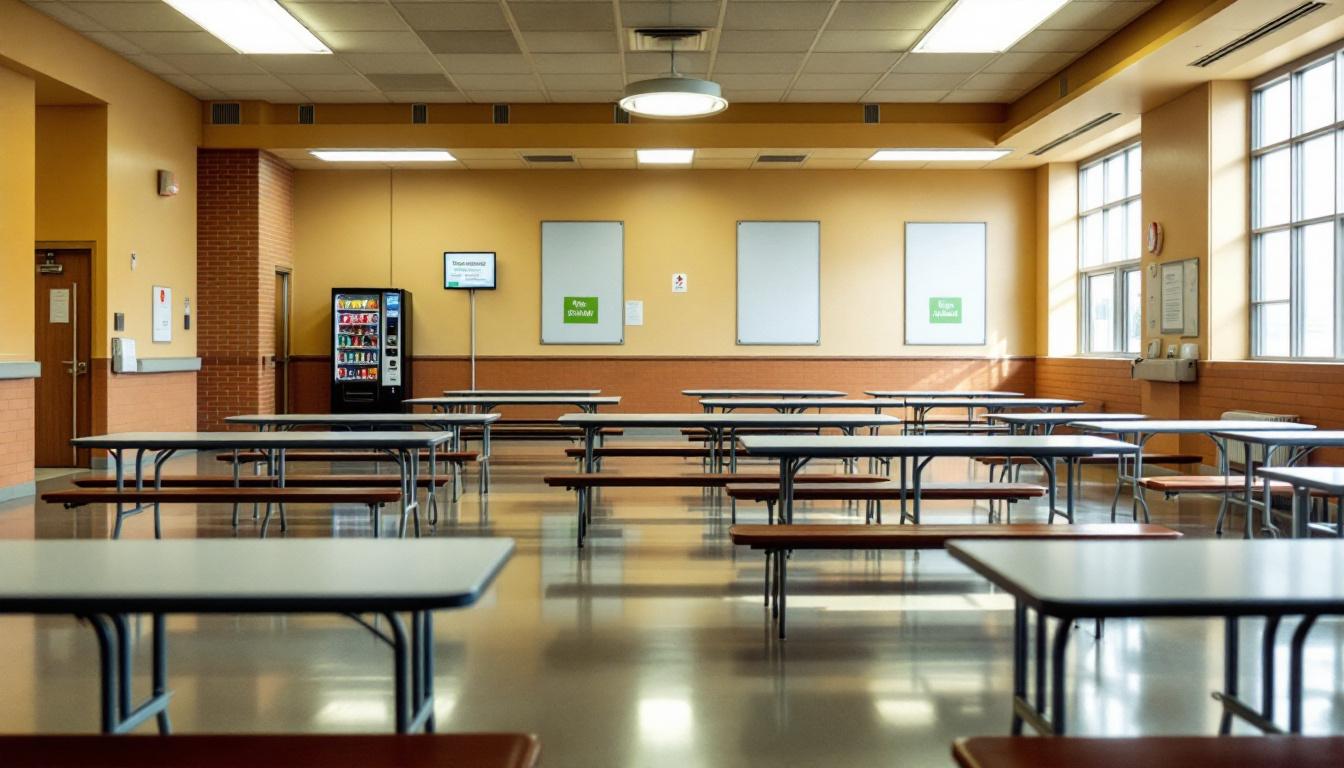
The sound of morning announcements now signals the start of each day for individuals at Robeson CRV Center, as they begin their structured daily routines. Wake-up typically occurs in the early morning hours, followed by personal hygiene time and preparation for breakfast. Count procedures happen regularly throughout the day to ensure accountability and security. Individuals generally move between scheduled activities including meals, work assignments, and programming sessions according to established facility protocols.
Living accommodations at the facility typically consist of shared housing units where individuals maintain their personal living spaces within the broader dormitory-style environment. Each person usually has access to basic furnishings and limited personal property storage. Meals are served in designated dining areas at scheduled times, with individuals often having opportunities to work in food service or other facility operations. Additionally, commissary services may be available for purchasing approved personal items and snacks to supplement the standard meal provisions.
While daily schedules offer structure through work assignments and programming activities, individuals also have access to recreational opportunities that may include exercise periods, television viewing, and reading materials. Visitation policies typically allow for scheduled family visits, though specific arrangements and frequency depend on facility guidelines and individual circumstances. Communication with loved ones usually includes monitored phone calls and correspondence options. Additionally, various programs often focus on life skills, education, or vocational training to support individuals during their time at the facility and prepare them for eventual reintegration into the community.
Ready to Connect?
Start communicating with your loved one today
Search for an Inmate
